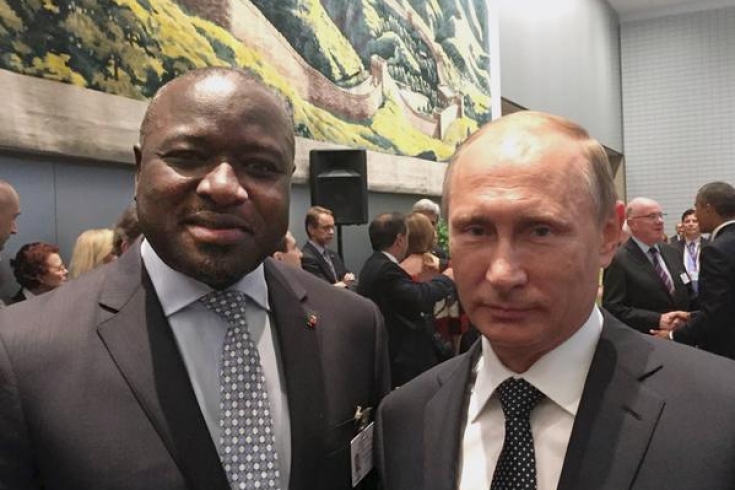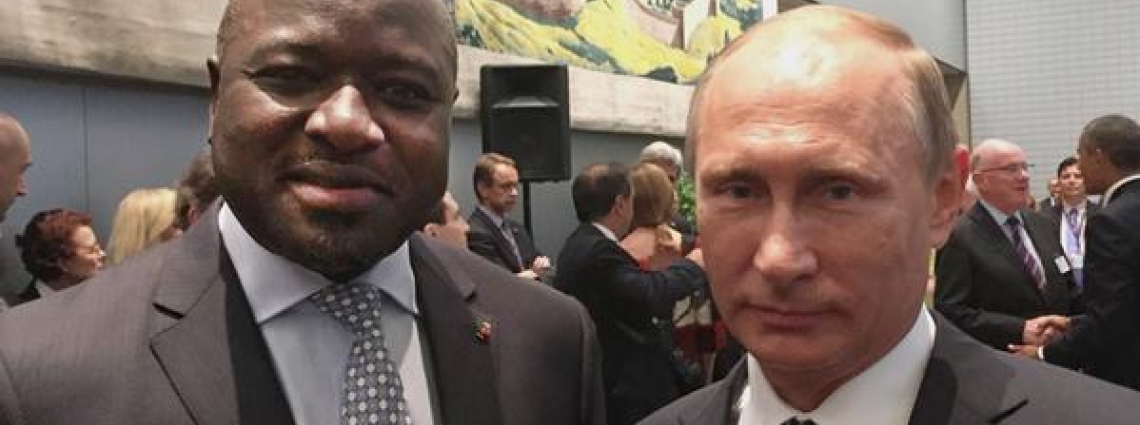Statement by the President of Russia on the 20th anniversary of the signing of the CTBT
“This year marks the 20th anniversary since the Comprehensive Nuclear-Test-Ban Treaty (CTBT) was open for signing. This treaty was a great victory for international diplomacy at the time and showed just how effective such diplomacy can be at resolving the greatest challenges to global security.
The treaty provides a tremendously important mechanism for limiting nuclear weapons and preventing their proliferation, and plays a primary role in strengthening international stability. At the same time, however, we cannot but feel concern over the fact that this treaty has still to come into effect. The treaty’s future depends largely on the genuine willingness of all members of the international community to advance towards the declared goal of freeing our planet of nuclear weapons. In this respect, the eight countries that must ratify the treaty for it to enter into force bear particular responsibility.
These countries’ unwillingness to become full parties to the treaty is cause for great regret, all the more so as some of these countries claim a leadership role and practically special powers in resolving global security issues. We once again call upon their leaders to demonstrate genuine political will and join the CTBT as soon as possible.
Russia ratified the CTBT in 2000 and has given consistent support to the treaty and the work of the Comprehensive Nuclear-Test-Ban Treaty Organisation Preparatory Commission. This preparatory commission’s priority task is to have the treaty come into effect as soon as possible. We hope that the year of its 20th anniversary will bring positive steps in this direction”. Background Russia signed the CTBT on 24 September 1996, the day it opened for signature. It ratified the Treaty on 20 June 2000.
Russia is the second-largest host country of International Monitoring System (IMS) facilities after the United States. Currently, 27 of the 32 planned IMS facilities in Russia (see interactive map) are certified and sending data to the CTBTO’s International Data Centre in Vienna.
See Russia country page for more background.

Russian President Vladimir Putin (right) and Executive Secretary Lassina Zerbo at the UN General Assembly in September 2015 in New York, United States
14 Apr 2016
